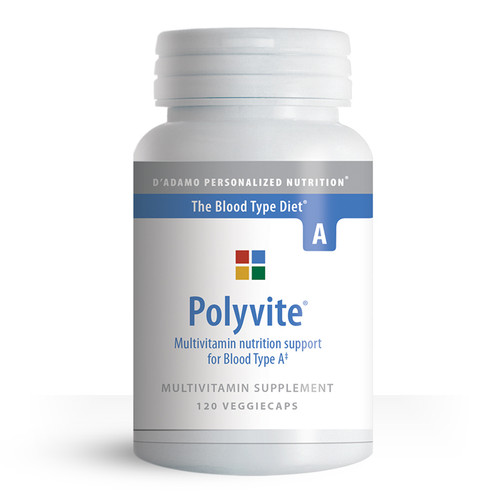Ask Dr. D'AdamoAsk Dr. D'Adamo Index | Latest Entry | Pull a Random Question |
Questions About Specific Health IssuesType A with Acid RefluxQUESTION We have known friends who have been on your diet for some years now, and they often speak of their success with the diet. Over the past few years, I have been halfheartedly trying to integrate your diet into my household, and have of late, been rather serious about it. I have had a few stumbling blocks. My children (ages 5 -type A - and 7 type O) are reluctant to try new things and while we eat a healthy diet, it is not blood-type related. My main difficulty with the children is getting them switched from milk to soy and from wheat to soy (and other non-wheat products). I intend this to be a slow, gradual process, but was wondering if you had any insight into making it an easier, more integrated process. I don't see anything of this topic addressed in your FAQ's section. Also, my husband (Type A) has been diagnosed with GERD, where the stomach acid erupts over the protective flap at the top of the stomach. He is a heavy tea drinker, and while fairly flexible about going on this diet, does not want to give up tea to go on coffee, which according to your chart, is highly beneficial for his type. He feels it would aggravate the acid problem he has with GERD. Any comments on this would be appreciated. Thanks for all your work, and continued success. ANSWER Let's start with your children. I think the approach you are taking "...slow, gradual process..." is the most sound. The most important area to focus on in the beginning is incorporating more of the beneficial foods for their blood type. Emphasizing a reduction in both milk products and wheat will benefit both of your children, so be patient. Food choices in many respects are a learned choice/preference, so over time exposure to other options might create new preferences for your children. Studies have shown that children, left to their own devices, select over the course of several weeks, as good or better foods when compared with what their parents would have picked for them. The watchwords therefore are...exposure to new foods and patience. with respect to your husband, GERD (gastrointestinal reflux disorder) can often be provoked by coffee, so he is wise to not incorporate a generally "A friendly beverage" into his diet. Chocolate has also been shown to provoke GERD symptoms, and I have observed clinically that black tea might has a similar effect in some people. Although GERD is often dealt with by medicines which decrease stomach acid, acid is only part of the problem here. Many factors can result in GERD symptoms, including hiatal hernia, food choices, large meals, poor combinations of food, decreased gastrin (a hormone that stimulates stomach secretions and also is thought to help keep the lower esophageal spincter (LES) at the top of the stomach tightly closed), decreased stomach acid in rsponse to food, candida overgrowth, etc... Since your husband is blood type A, it is likely several things within his control will reduce his symptoms. 1) Follow the appropriate blood type diet 2) Avoid coffee, chocolate and black tea (especially near big meals) 3) Eat smaller size meals!!! The stomach initiates the digestive process by a combination of digestive secretions and by muscular contractions which act to mix food with the digestive secretions. If an individual has lower levels of digestive secretions this could result in a longer stay in the stomach for the food, more mixing, and so more possibility of reflux. 4) Pay attention to food combining!!! A meal with a piece of fish and some vegetables is easier to digest than a steak and potato. 5) Avoid sugars and sweets. (it has been my observation that these can be problematic for people with GERD. 6) Consider using a few drops (between 5-15) of Gentian (Gentiana lutea) in a glass of water 30 minutes before meals. A study has shown that blood type A takes about 45 minutes to produce peak gastrin levels (O's take about 15 minutes). Gentian, a bitter, has been shown to increase gastrin. By taking this bitter 30 minutes before eating, your digestive secretions will be better prepared to digest your meal and your LES should function better. An interesting note, is that digestive bitters evolved as cultural traditions in several European countries. This is one tradition that many A's would benefit from by adding to their dietary regimen. |

|
The statements made on our websites have not been evaluated by the FDA (U.S. Food & Drug Administration).
Our products and services are not intended to diagnose, cure or prevent any disease. If a condition persists, please contact your physician.
Copyright © 2015-2023, Hoop-A-Joop, LLC, Inc. All Rights Reserved. Log In


